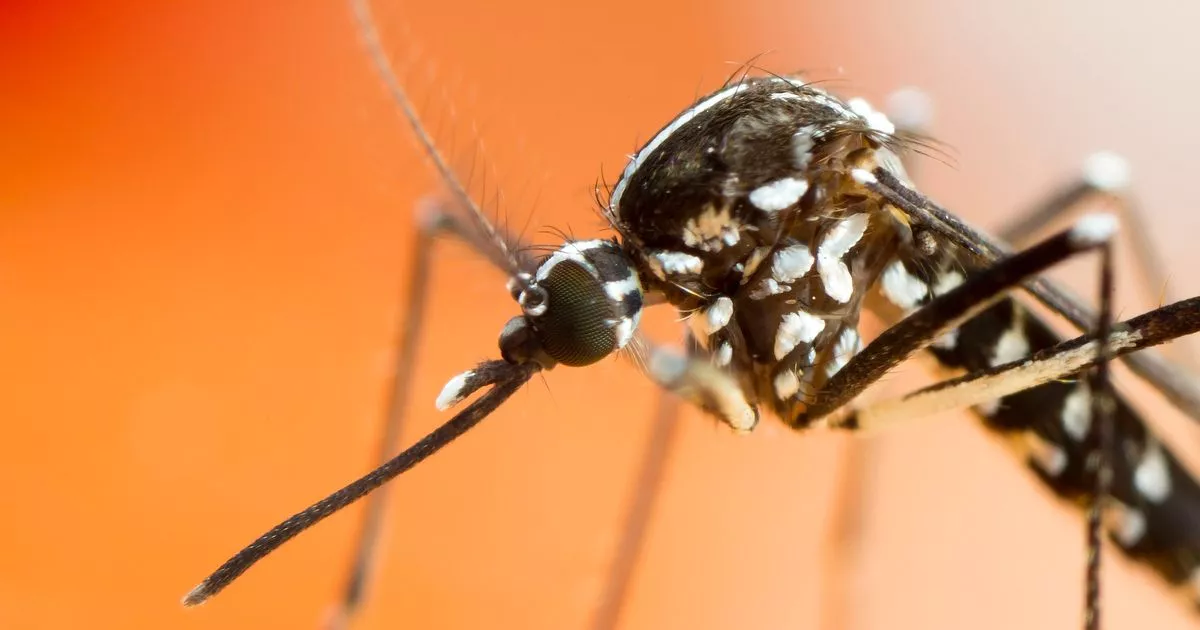Time: 2024-06-27
Australians who choose to travel to Europe may be at risk of contracting diseases such as dengue fever, yellow fever, Nile virus, and Zika virus. These diseases are all spread by mosquitoes that have now established colonies across Europe, putting both travellers and locals at risk. According to experts, cases of dengue fever doubled in 2023 and are expected to increase significantly in 2024.
The European Centre for Disease Patrol and Prevention has identified 13 countries, including Austria, Bulgaria, Croatia, France, Germany, Greece, Hungary, Italy, Malta, Portugal, Romania, Slovenia, and Spain, where residents and travellers are at serious risk of these mosquito-borne diseases. Two main varieties of mosquitoes, Aedes albopictus and Aedes aegypti, are causing the majority of health issues in Europe.
Locally acquired cases of dengue fever doubled last year to 130, with a total of 4900 cases reported. The spike in cases is concerning authorities, as early data suggests that 2024 is set to set new records. Despite this increase, cases of the Nile Virus are on the decline, with 713 cases and 67 deaths reported last year. Dengue fever is the second most commonly identified cause of fever in international travellers, with symptoms including high fever, headache, nausea, and joint pains.

In the UK, experts have warned of a potential outbreak of dengue fever carried by Asian tiger mosquitoes. The mosquitoes have established homes in 13 countries, including France, Germany, and Italy. Cases of dengue fever in Europe have more than doubled in the last 13 years, with 73 cases reported from 2010 to 2021 and 130 cases reported last year alone.
The European Centre for Disease Prevention and Control (ECDC) has raised concerns about the increased risk of European outbreaks due to international travel. Asian tiger mosquitoes have already been found in the South East of the UK, including London, prompting the government to put contingency plans in place. It is crucial for travellers to take precautions such as using insect repellent, removing stagnant water, and using screens on windows and doors to prevent mosquito bites and reduce the risk of disease transmission.